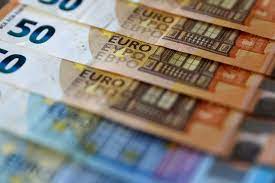The Council of the European Union has officially approved Bulgaria’s long-anticipated transition to the euro, setting the Balkan nation on course to become the 21st member of the eurozone in 2026. The decision, announced Tuesday, opens the gates for a historic currency shift—one the EU says will usher in tangible daily benefits and tighter economic integration.
In a press release, the Council detailed the adoption of three key legislative instruments that trigger a national transition period, during which Bulgaria must ramp up its logistical and financial readiness for the currency swap. A key requirement: dual pricing in both lev and euro will begin next month and continue for a full year before euro-only pricing takes over.
Beyond Borders: Trade, Tourism, and Investment to Get a Boost
The European Union anticipates that Bulgaria’s euro adoption will serve as a springboard for stronger cross-border trade, simplified payments, and increased foreign investment. For tourists and consumers, it will mean clearer price comparisons and an end to currency conversion woes.
For the nation’s banks, the benefits are equally strategic. Entry into the eurozone grants Bulgaria access to the euro area’s financial stability tools, including the European Central Bank’s broader monetary safety net.
“This shift isn’t just symbolic,” said an EU official. “It will embed Bulgaria more deeply into the EU’s financial and commercial heartbeat.”



